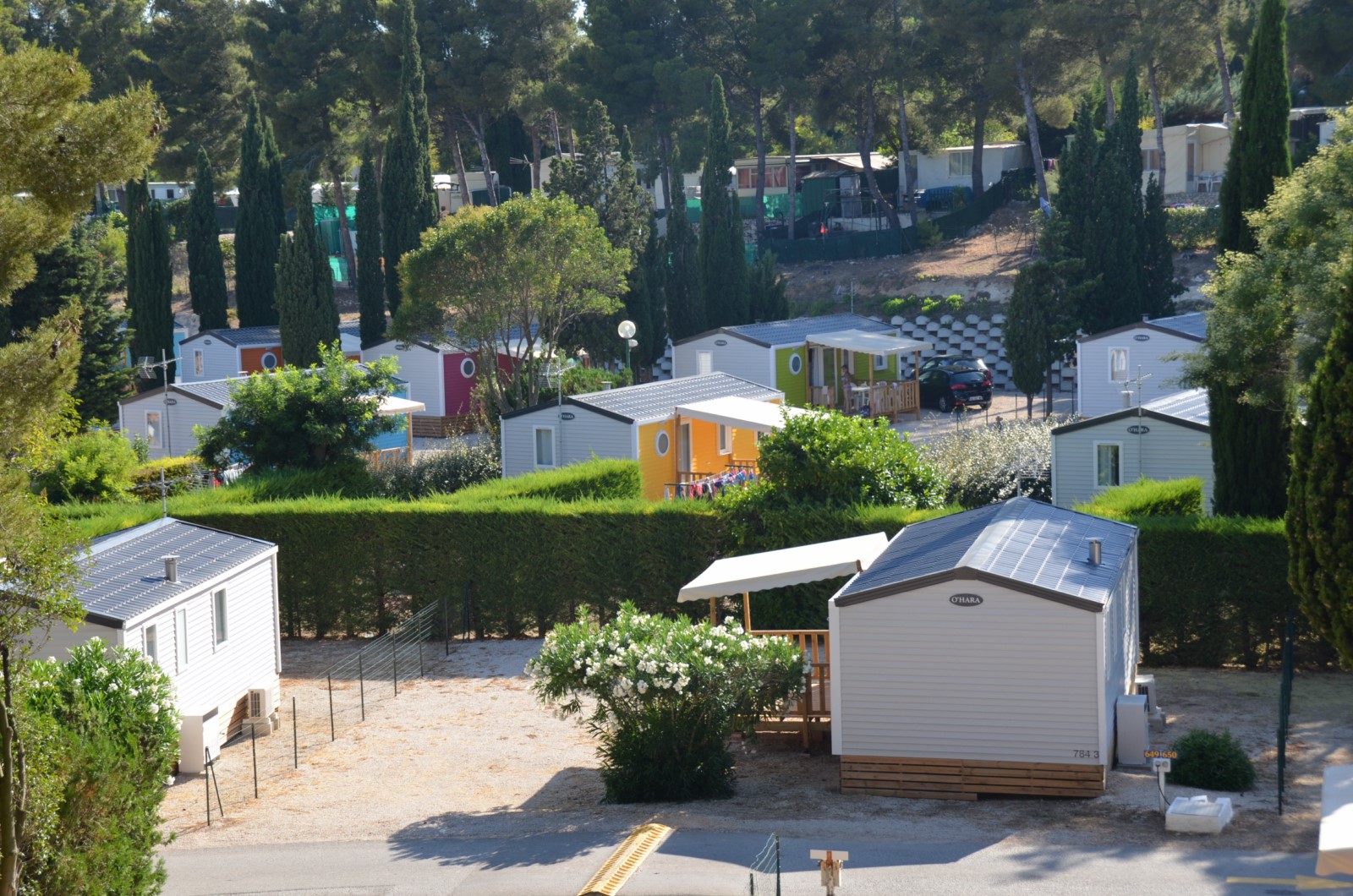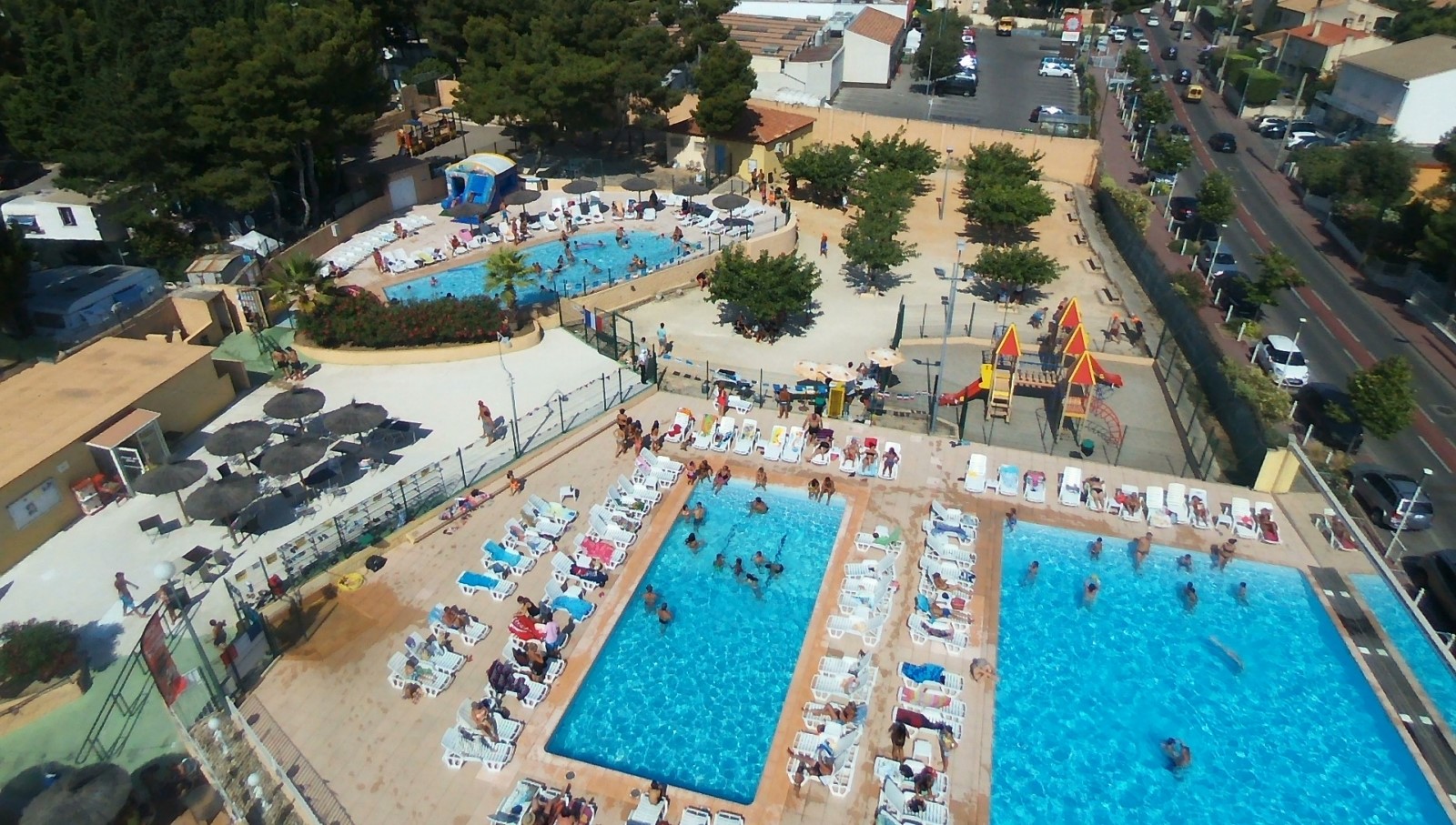










Traveling by camper is not just a way to get from point A to point B, but a way of life. Here you choose your own route, are not tied to hotels and can stay in the most picturesque places. By the way, traveling is not only a comfort, but also a discovery. For example, many tourists find unusuacoicoin-id-scannern-id-scannerl items during their trips: rare books, antique jewelry and even coins. To learn their history, it is enough to identify coin by image, using modern applications. But let's not get ahead of ourselves and talk about it later, but for now we will talk about what you need to do to make your traveling comfortable. To do this, you need to take care of your preparations in advance: organize your space properly, think about autonomy and, of course, set yourself up psychologically.
So, read on to find out what will really come in handy on the road, how to feel comfortable on long journeys and why even a small coin can become part of your travel history. Ready to hit the road? Then let us begin here!
Minimalism Without Sacrificing Comfort
Space is your most precious resource in a camper. The secret lies in smart packing - not more, just better. The golden rule? If it doesn’t have a purpose, it doesn’t make the trip. Here you may use the "Box Rule" - everything must have a home, and that home should be easy to reach. Foldable tables, collapsible chairs, stackable bins - these all are not luxuries, they are essentials. Magnetic panels are another game-changer thing. Stick metal tools or kitchen gear to the wall instead of cluttering drawers, as every square inch counts.
Zoning Your Camper Interior
Just like in small apartments, dividing your camper into zones can bring surprising order to chaos. Sleep, eat, store - each area should serve a specific function. A cozy sleeping nook with a memory foam mattress topper, blackout curtains, and a compact shelf for books or essentials can feel like a mini-bedroom. Also consider adding a soft ambient lighting to make the evenings warmer.
To keep things from shifting mid-drive, use drawer locks, tension rods, and storage nets. You don’t want to be picking up spilled cereal boxes in the middle of the Pyrenees.
Little Comforts That Make a Big Difference
The smallest details can transform your camper from a vehicle to a home. Bring with you a soft rug that warms your feet on chilly mornings, or hang lightweight textiles for color and character. Compact Bluetooth speakers offer a soundtrack to your journey, while battery-powered fairy lights create a cozy ambiance at night. All these comforts don’t add bulk, but they do add soul.

So, your camper is packed, your bed is comfy, your fairy lights are twinkling… but are you ready to live wild and free for a few days - or even weeks - off the grid? Real freedom on the road means that you are able to take care of yourself, with no gas station or supermarket in sight. So, let us turn your camper into a tiny, self-sufficient universe.
Out in nature, there is no plugging into the wall—so you’ll need to think ahead. Solar power is your best friend. A foldable solar panel on your dashboard can keep your phone, camera, or Bluetooth speaker juiced up without draining your camper’s battery.
Pro tips:
Get a high-capacity power bank, as it is your backup when the sun’s playing hide-and-seek.
Use energy-smart devices - LED strips, USB fans, and solar-powered lanterns are light on power but big on function.
Set charging hours - recharge everything during sunny hours or while driving to stretch your battery life.
Let's be honest - nothing ruins the charm of nature like waiting in line for a cold and questionably clean toilet at a campsite. That's why experienced campers take their own shower with them. A portable shower with a rechargeable pump will turn even a forest clearing into your own personal spa. Add to it a folding tent for privacy, and suddenly rinsing off after a hike will seem like a luxury, not a logistical one.
Staying clean also means using water wisely. Gravity-fed filters or hand pumps will allow you to draw water from streams and lakes, giving you access to clean, safe water wherever you stay. Just don't forget to use biodegradable soap - it's gentle on nature and leaves no residue.
Talking about toilets may not be glamorous, but it is also necessary. Chemical toilets are compact and convenient if you're near a waste disposal station, while composting models offer eco-freedom but require a little more care. Traveling light? A sealed bucket with biodegradable bags and a pinch of baking soda will do in a pinch.
Lifehack: Add a few drops of essential oil - like tea tree or lavender - to your portable toilet or shower bag. It masks odors and even helps repel bugs.
Don’t forget the small cleaning heroes: reusable microfiber towels, biodegradable wipes, and a tiny broom with a dustpan. It takes just one barefoot step on scattered pine needles to understand their value.
A camper without a kitchen plan is a recipe for disappointment - or endless granola bars. But with a little preparation, your van can serve up meals that would make even a seasoned backpacker jealous. A portable gas stove or compact butane grill brings the heat, while collapsible pots and nesting utensils save space without sacrificing functionality.
Shelf-stable food is your best friend. Think vacuum-packed rice, canned lentils, dry pasta, and freeze-dried meals that are ready in minutes. And here’s the magic trick - pre-freeze your first few meals and use them as ice packs in your cooler. By the time they thaw, they are ready to eat.
A proper “camper fridge” (or a rugged cooler powered by solar panels or your engine) keeps things cool even in midsummer. Stackable containers are also irreplaceable for organizing meals, snacks, and leftovers.
Interesting fact: The original concept for freeze-dried food wasn’t invented for camping - it came from NASA’s space program. Astronaut meals turned out to be perfect for hungry campers craving lightweight, long-lasting nutrition.
Even if your camper is fully stocked and your itinerary is set, the true heart of the journey is not the van, but you yourself. Life on the road is exciting, but at the same time it also tests your patience, adaptability and endurance. It's not just the journey that you need to prepare for, but also how to behave. And the better you understand your needs, the more memorable your journey will be.
Well, first of all we would like to start with physical well-being. Long hours spent driving or sitting in camping chairs can take their toll, so it's important to warm up regularly and do some light movement. Simple yoga poses in the morning or a few minutes of walking at each stop can help you energize your body. If you are prone to motion sickness, natural remedies such as ginger gum candies or motion sickness bracelets can be a lifesaver.
Carry a first aid kit that goes beyond band-aids and antiseptics and include pain relievers, motion sickness pills, rehydration salts, tweezers and a simple emergency whistle. Add a digital thermometer and allergy medications because you never know when you might need them.
Your safety on the road deserves its own moment. Choosing a place to sleep is not only about beautiful views, but also about peace of mind. Look for well-lit, level places, preferably with other tourists. Trust your instincts - if a place seems off the beaten path, move. And here's the golden rule: always stash a spare set of keys somewhere outside the van, in a magnetic box or taped to the bumper.
Now let's talk about how to keep your spirits upbeat. Life in a camper can be magical, but it can also be repetitive and sometimes lonely. Fill your playlist with podcasts, audiobooks, and music that fits your mood or environment. Record your experiences or collect souvenirs like pressed flowers or local maps.
Then there are surprises - small objects that tell stories. Many travelers find coins in the most unexpected places: buried in the sand, caught in cracks or left at old rest stops. Some keep them as talismans. Others go even further - are they curious to know the history of an old coin. So, if you are also interested in its value or history, just scan and evaluate them with the help of Coin ID Scanner app.
By the way, coins have long played a role in traveling traditions. In some cultures, people throw coins into rivers for good luck, while others bury them under a tent to ensure safe travel. From a practical standpoint, they are still handy: for parking meters, laundry meters, even at rustic campgrounds that don't accept cards. So consider having some coins during your trip.

When you are traveling with a camper, every moment is a chance to learn something new. And, no matter as cliché as it sounds, the best way to truly enjoy your way is to take in every moment and not miss opportunities to explore. So, pack up your camper, grab your essentials, and head out for new adventures - the road will always find a way to surprise you!